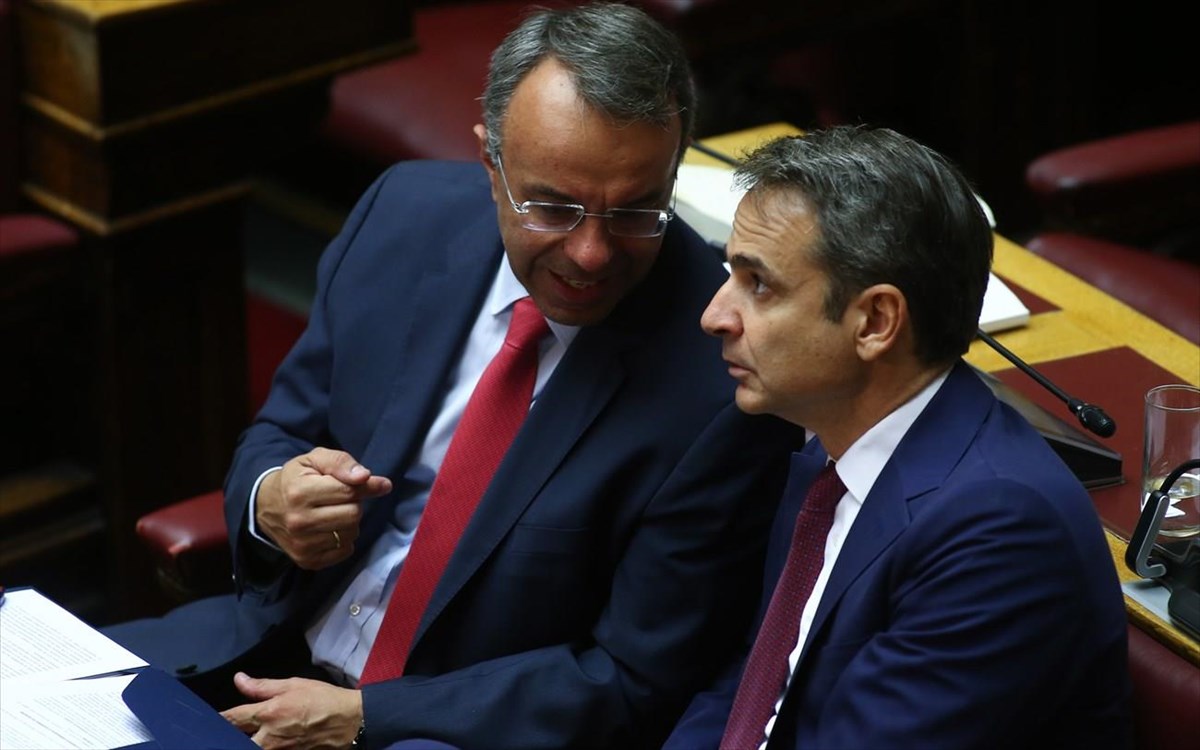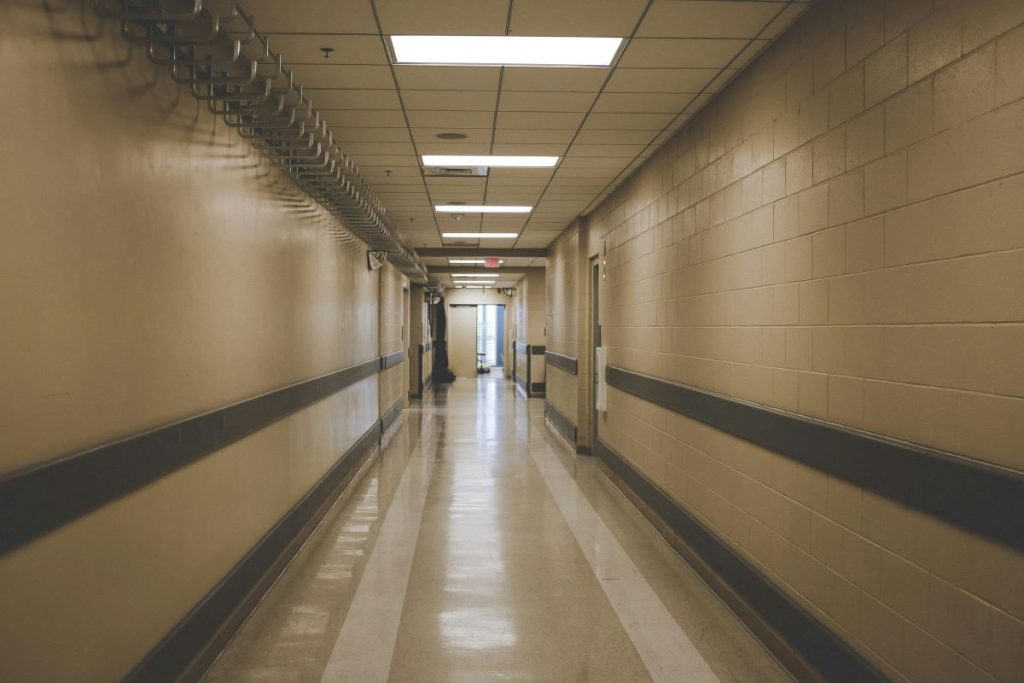Since the outbreak of the global economic crisis in autumn of 2008, which rocked the foundations of the Greek economy and led the country to the brink of bankruptcy and expulsion from the Eurozone, Greeks have exerted an almost constant effort to disentangle and free the country of the heavy shackles of deficits and debt.
Although 14 years have passed, the country has not managed to strike a balance, despite the incessant efforts and innumerable sacrifices of the Greek people.
At various turns, there were arduous efforts to transcend the crisis, but without securing the desired reconstruction and recovery of the economy. That is because each time political conditions changed, purposes and objectives did as well.
In 2015, when the new SYRIZA government came to power with a revisionist economic outlook, the country was nearly blown out of the water.
At the last moment, the situation and the country were saved, but in return for the bailout package Greece had to assume new commitments and obligations that delayed the achievement of basic stability for five whole years.
As a result, the current government, which came to power in 2019, was not able to implement its electoral platform, as the public health crisis that ensued and its negative impact disorganised everything.
Two-and-a-half years later, the country is still struggling with the pandemic. It is confronted with the disruption of the global supply chain, the skyrocketing prices of natural gas, electricity, and fuel, as well as a host of other directly affected goods and services, including transportation.
Most recently, the expanding global inflationary pressures are worsening monetary conditions internationally, forcing central banks to swiftly hike interest rates, exposing the Greek economy to new dangers.
Greece in 2021 achieved a rapid recovery, as investments and economic activity marked impressive growth.
Yet, it is again in danger of being doubted by the tough and demanding markets, which are re-evaluating the political dangers associated with the prospective opening of a pre-electoral political cycle.
It is endangered by the tense atmosphere in Greek politics and by the evolving strong wave of demands for handouts, which appears able to derail public finances and once again bring to the forefront the high level of public debt as a critical parameter.
Greece continues to be on the borderline. It cannot endure yet another cycle of fruitless and counter-productive political clashes and populism that can demolish everything.
We now have the requisite knowledge and experience.
Greece will not survive if it is unable to transcend the perpetual cycle of crises. Therefore, political parties must exhibit self-restraint and rise to the occasion by being extremely careful in their rhetoric and pledges.
Indiscriminately adopting and accepting countless demands from various groups leads nowhere, and we must not forget that our resources are limited.
Right now the production of new wealth, putting public finances in order, and checking public debt is a priority
Normally, at this time Greece should have been economically vibrant due to the efforts to quickly utilise EU Recovery Fund monies and to mobilise all of the country’s productive forces.
This is the only antidote for the multiple crises with which our country and our people are confronted.




